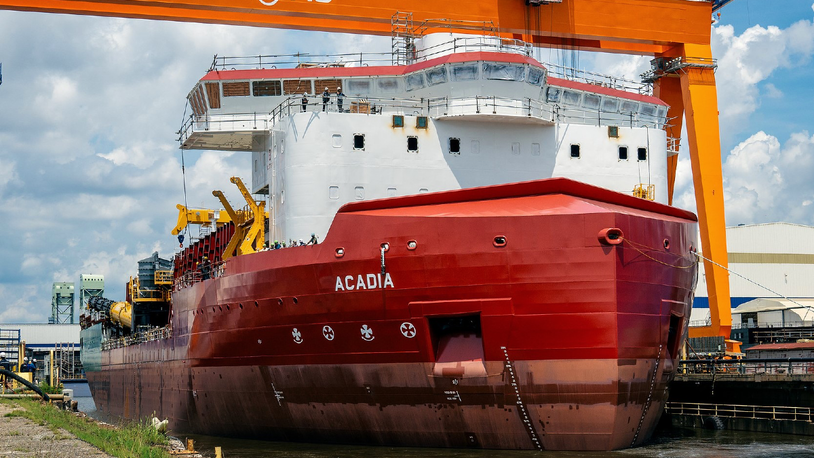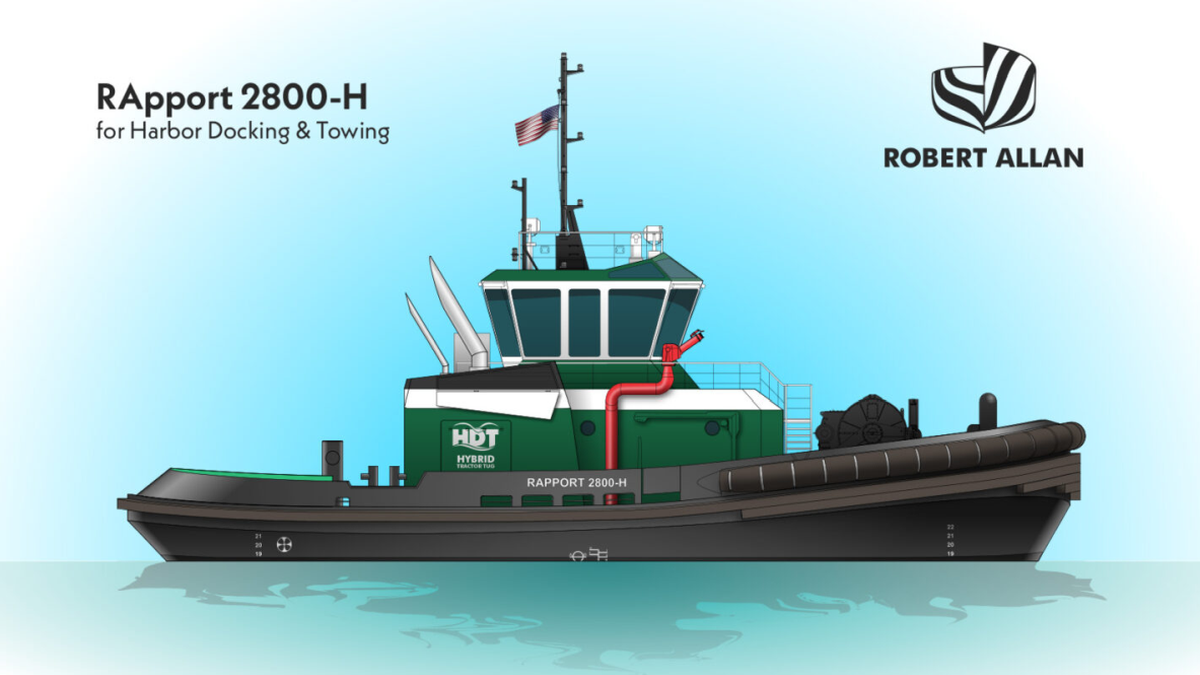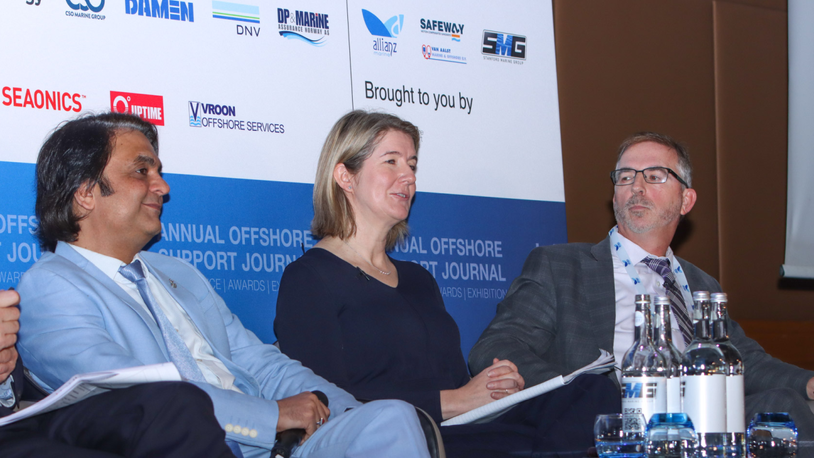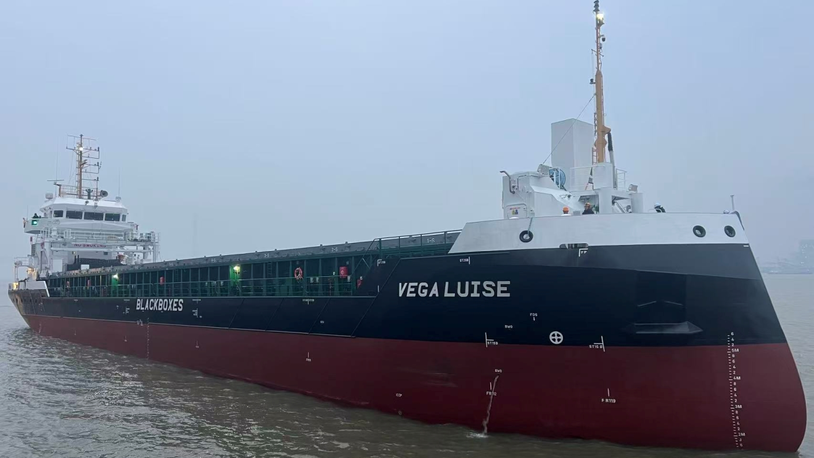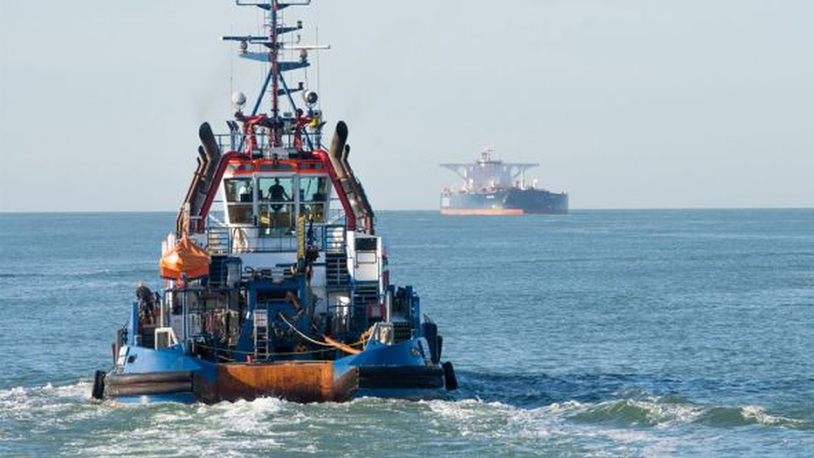Business Sectors
Events
Contents
With GPS 'malfunction' unresolved, Qatar opens waters to most maritime activities
The emirate said the suspension of maritime navigation in its waters followed a "technical malfunction in the GPS which may affect the accuracy ... and the safety of navigation"
Qatar’s Ministry of Transport (MOT) has reopened its waters to maritime activities during daylight hours following what it called a technical malfunction in the Global Positioning System (GPS) that halted all navigation for more than 48 hours.
A circular posted to the MOT Facebook page said the malfunction remains ’unresolved’.
06 October
Qatar suspended maritime navigation in its territorial waters after discovering what it called a ’technical malfunction in the Global Positioning System (GPS)’.
The suspension notice came in the form of a circular that was posted across the emirati state’s social media channels on 4 and 5 October.
"The Ministry of Transport announces that all maritime vessel owners are obliged to temporarily suspend maritime navigation activities due to a technical fault in the GPS, which can affect the accuracy of the maritime navigation devices and safety of sailing. This circular takes effect immediately until the technical fault is completely cleared," Qatar’s Ministry of Transport said in a post to its LinkedIn page.
No further messaging has been posted regarding the outage and suspension of operations, although the government ministry has posted about Minister of Transport Sheikh Mohammed bin Abdulla bin Mohammed Al Thani attending a shipping summit at the Maritime Cyprus 2025 Conference in Limassol.
"Addressing the meeting, attended by several Arab and foreign transportation and shipping ministers, his excellency the minister highlighted the importance of maritime routes for the global economy and said any disarray in them reflects immediately on the stability of markets and economic development, something which makes their security and sustainability a shared international responsibility," the ministry reported.
At the end of March 2025, an International Maritime Organization report said an increase in shipping routes impacted by GPS and GNSS jamming and spoofing were putting seafarer’s lives at risk.
Rising numbers of incidents where the GPS and other GNSS constellations, such as the European Union’s Galileo, are being jammed or spoofed in more maritime areas, particularly those close to conflict zones, are creating conditions that increase the likelihood of collisions and groundings.
These cases of harmful interference are typically either aimed at particular bands of radio frequencies or specific vessels, but are adding to the already high number of safety risks affecting shipping and seafarers.
IMO said it is highly concerned about the rising incidents of GNSS jamming and spoofing in areas such as the Black Sea, eastern Mediterranean and Red Sea.
Hexagon technical sales manager Edward Milne spoke to Riviera about variations in jamming and spoofing, and solutions to mitigate their impact in early 2025 at the Offshore Support Journal Conference in London.
Riviera’s Maritime Navigation Innovation Webinar Week, 24-26 November, will focus on the future of maritime navigation: from S-100 integration and autonomous ship operations, to advanced voyage planning in a rapidly changing world. Use this link for more information and to register for these three informative webinars.
Related to this Story
Events
Maritime Regulations Webinar Week
Floating energy: successfully unlocking stranded gas using FLNGs and FSRUs
© 2024 Riviera Maritime Media Ltd.




